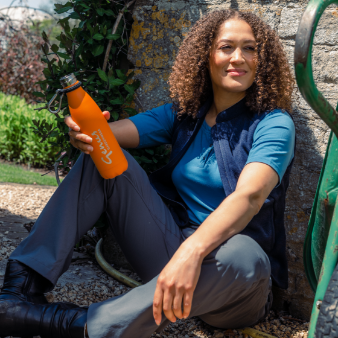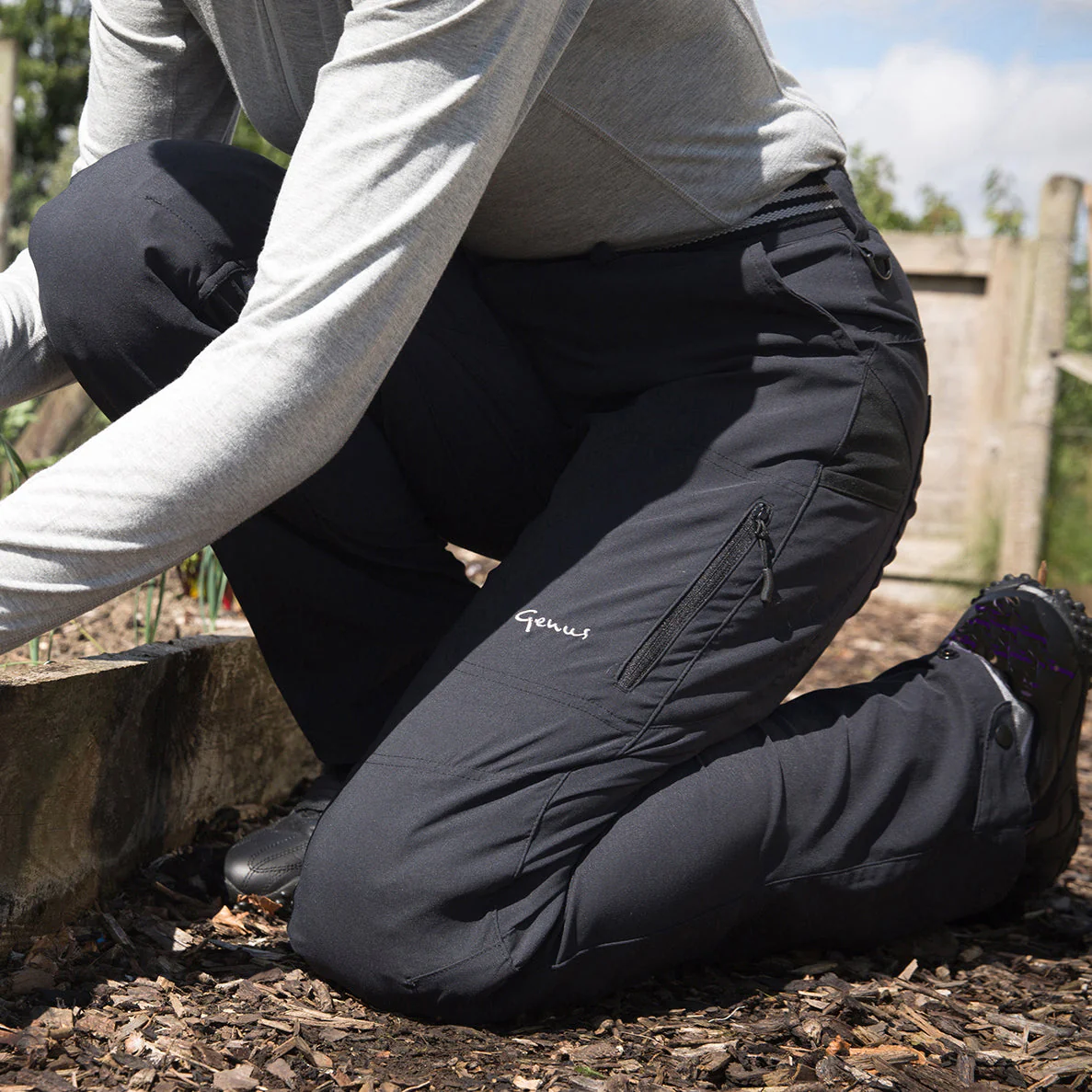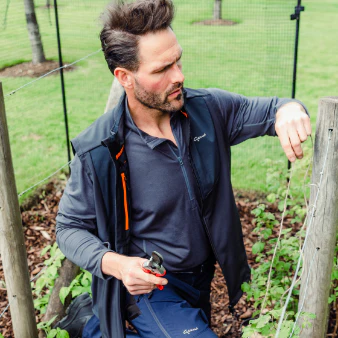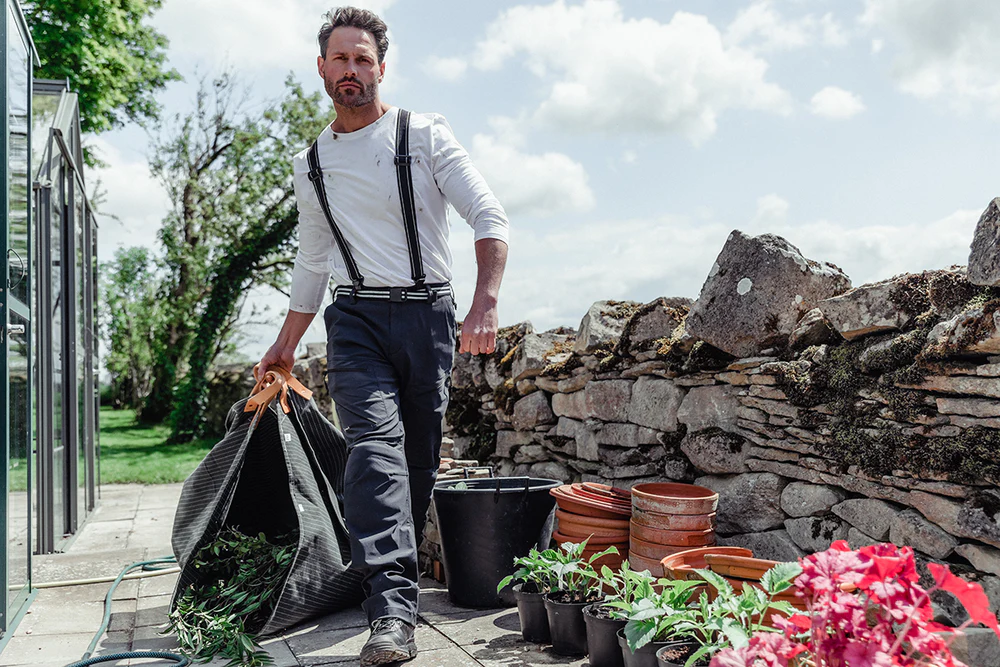Body, soul and gardening - black vegetables for health
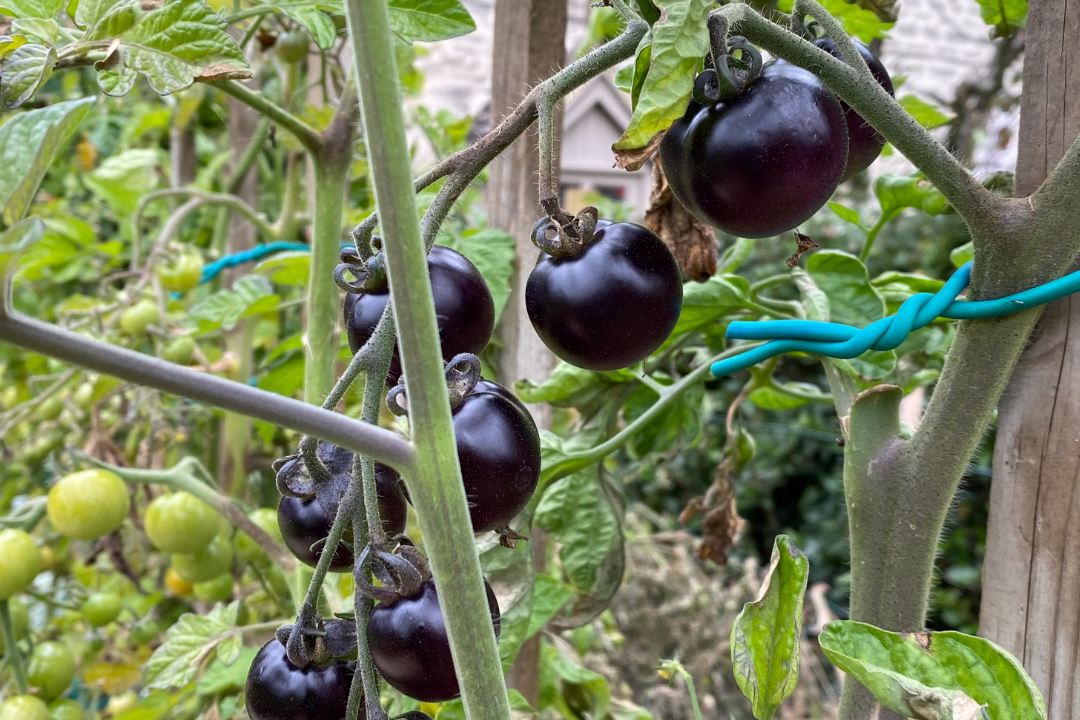
As well as fruit such as blackberries and blueberries, black vegetables like carrots and tomatoes not only look amazing in your garden and on your plate, they’re also extremely nutritious. In reality, plants are probably more very deep purple or blue than black, and this colourful hue means they’re also more likely to contain anthocyanins, a compound which acts as a disease fighting antioxidant. Here are a few funky black vegetables to grow:
The tomato ‘Indigo Rose’ with its stunning, incredibly black, plum-sized fruit and fresh, fruity flavour will certainly be a talking point. It has been bred for extra nutritional value and is said to have very high levels of vitamins and the same level of antioxidants as blueberries.
Purple French beans, with their soft purple flowers, look attractive in the garden throughout their growing year. ‘Purple Teepee’ is a dwarf bush variety and ‘Blauhilde’ is a good climbing French bean with purple pods. These striking beans have an excellent flavour and look great served with green or yellow varieties.
Carrot growers could try ‘Black Nebula’ carrot, which has black skin and bright purple flesh. With a delicious sweet flavour, they’re great raw, juiced, steamed or roasted and also have a high nutritional value. If left to flower, they produce pretty pale purple umbels.
As well as the other nutrients such as Vitamin C, purple potatoes such as ‘Black Violetta’ are said to have twice the amount of antioxidants as white potatoes. They’re perfect for steaming and roasting and with their black skin and bright purple flesh and make show-stopping crispy wedges to wow your friends and family with.

